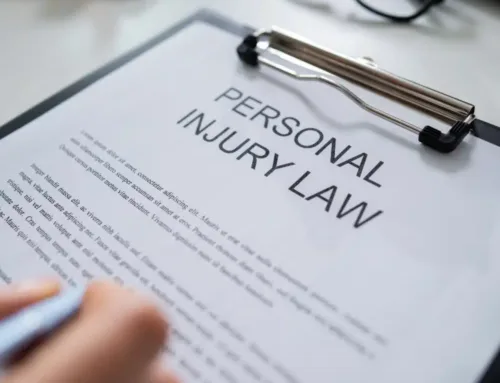Because the trial is the very last step, there are plenty of opportunities to avoid trial altogether. If you and your spouse are able to reach a full agreement, you will have an uncontested divorce hearing, not a trial. The wait for an uncontested hearing is much shorter than the wait for a trial. What Issues Do Judges Decide at Trial?
The issues that someone must decide in every divorce are alimony and property division. If you have children, someone must also make decisions on child support and custody. If you and your spouse can’t make those decisions, the trial judge will do it for you.
It’s important to know that the judge will only rule on any issues that are still outstanding by the time of trial. In other words — the trial is when everything that hasn’t previously been ruled on or agreed upon gets decided. For example, say you and your ex reached agreements on all the financial issues but didn’t agree on how parenting would work post-divorce. In that case, the judge at your trial would only decide custody.
How Many Divorces Go to Trial?
There are three major approaches to divorce in Connecticut — mediation, collaborative divorce, and litigation. Mediation and collaborative divorce are forms of Alternative Dispute Resolution, or “ADR.” In both mediated and collaborative divorces, the spouses commit to reaching decisions on all aspects of their divorce outside of court, without a judge. (If they aren’t unable to do so, their divorce converts into a litigated divorce.)
If you and your spouse do not both agree to opt-in to mediation or collaborative divorce, you will have a litigated divorce.
That isn’t the end of the story, though. Litigations range from exceedingly low conflict — where spouses are able to reach agreements on all issues in their divorce without court intervention — to extremely high conflict — where spouses cannot reach agreements on anything and a judge winds up ruling on your divorce following a trial.
As litigation is the default approach for Connecticut divorces, it’s no surprise that most divorces are litigated.
What may be a surprise, though, is that in the vast majority of divorce litigation spouses reach a full settlement agreement out-of-court. In other words, very few divorces end in a trial.
Speak to an Experienced Family Law Attorney Today
Need help? Then you should contact the Law Offices of Keith Anthony at (860) 333-6455. Attorney Keith Anthony can help you navigate thru this process, step by step and is open to assist you.




